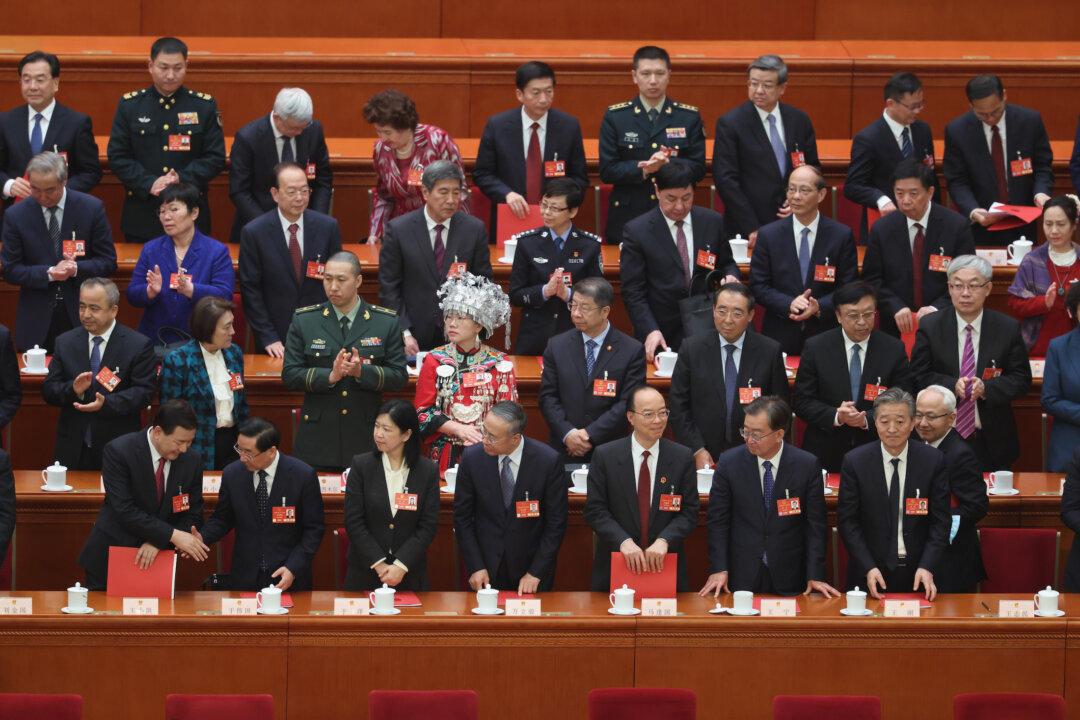The top government official in southern China’s Guangxi region has been placed under investigation over alleged corruption charges.
China experts say the handling of the case signals a shift in Beijing’s so-called anti-corruption campaign—not just imposing punishments on targeted officials, but also seizing their families’ assets—due to increasing fiscal pressure stemming from economic decline.





